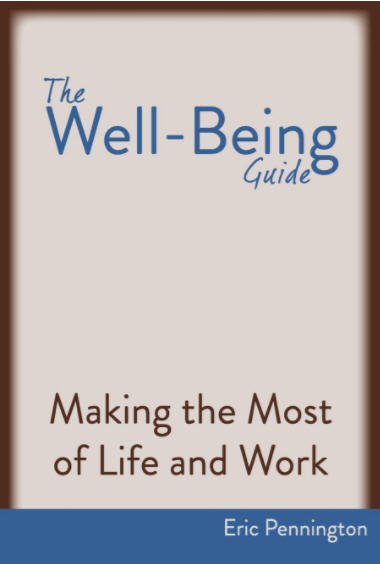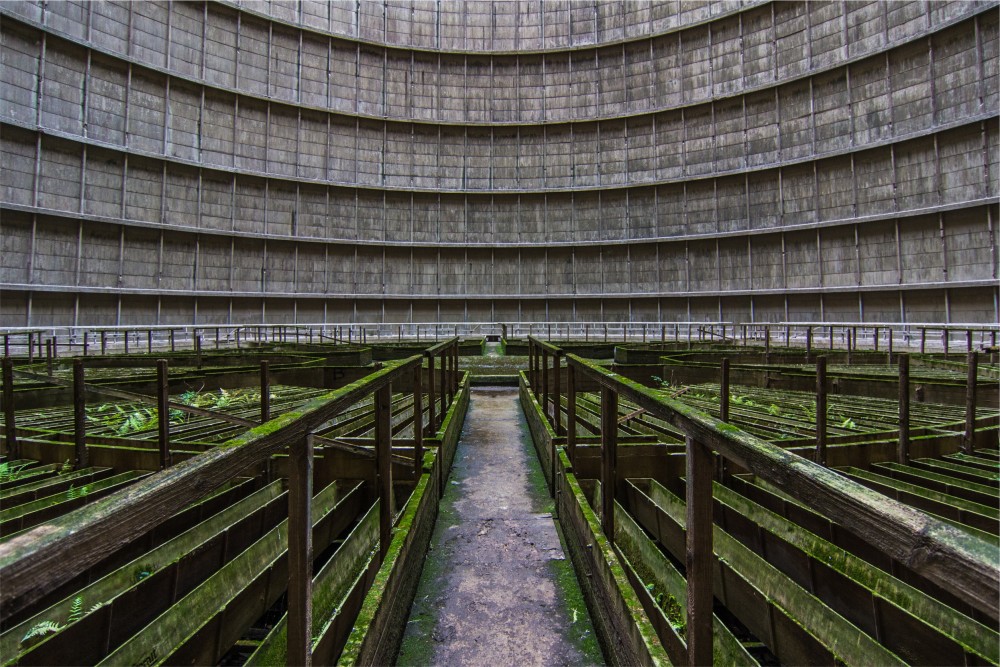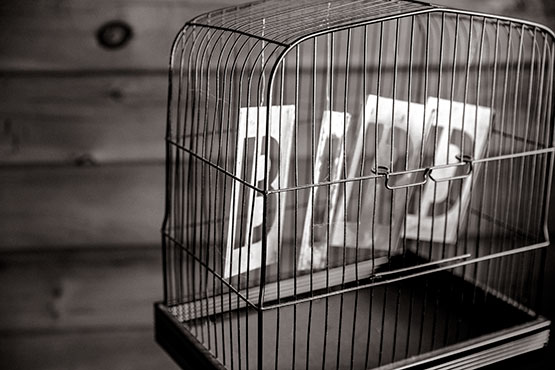
I admire the organizations that are structured around encouraging strong wellbeing for their people. It’s rare, but important in so many ways. Kinda makes sense that a growing organization would want employees who are sharp mentally, physically and spiritually. Only trouble is the rest of the sample size makes up the majority. They’re representative of organizations who may market themselves as a “best place” to work or a “healthy employer,” but the reality is far from it.
Call me the Upsetter of the apple cart. I’m not alone, you know?
One thing must be made clear; it is not the responsibility of the organization to make sure you have great wellbeing, that’s a you-responsibility. I certainly feel that many employees are bound and determined to kill themselves. The blame for the diabetes problem in the U.S. does not lie at the foot of H-P or BofA. Most of the blame is ours to accept.
Some time ago I observed the perfect storm of the organization versus the health of the employee. I was doing a project, unrelated to my work in wellbeing, I felt my senses and passion for the wellbeing of people come alive in the engagement. It would safe for me to write that as the organization was making great strides to move forward, financial results and such, the wellbeing of the employees was moving backwards. I can’t say if that reality kept the senior leaders up at night. One thing is for sure, as I look back, it should have.
So what are employees to do? They’re bombarded by messages telling them to save for a retirement that often seems like an impossibility, raise perfect kids that get scholarships to the best colleges, trust in an economy that never seems to be as good as reported, and the list goes on. I have a few ideas, not silver bullets, just some things to consider/try:
- Make wellbeing a priority. This post could be a starting point for reference.
- Don’t ignore your wounds. These are the emotional disappointments and failures you’ve never looked fully in the eye. Trouble always hangs around wounds not dealt with. Healing leads to breakthroughs.
- Leave the organization that refuses to create conditions for good wellbeing. Make this decision with thought and care. Don’t wake up tomorrow and make an emotional jump. However, the problem must be dealt with.
- Get a coach/advisor/wise-man/woman. This is not a time to go it alone.
- Look at your bad habits and take responsibility. Like wounds, these need to be dealt with.
Health is undefeated in the game of life-good outcome or bad.









